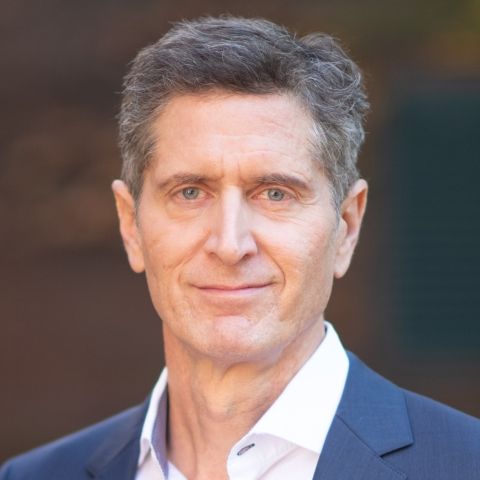
This short comment on Natapoff’s “Misdemeanor Decriminalization” (2015) offers reasons for skepticism about how broadly we can expect decriminalization reforms to extend in U.S. state criminal codes, and also about the procedural advantages that enforcement officials gain when offenses are converted from criminal to civil status. I then sketch reasons why decriminalization often does not lead to less punitive regulation. One is that civil enforcement typically remains with the same police, prosecutors, and courts. A second is the paucity of enforcement mechanisms that work on low-income offenders. A third looks to durable features of American policymaking and institutional design. Federal and state governments have long maintained a strong state capacity for criminal law enforcement, which stands as an exception to a general disfavor in the U.S. for a strong public sector. Aversion to robust state capacity leads to preferences for privatizing public functions and for self-funding courts and law enforcement agencies through fines and user fees. Dependency on fines and fees paid by violators, coupled with an unwillingness to fully legalize much conduct now regulated through misdemeanor courts, constrains decriminalization efforts.